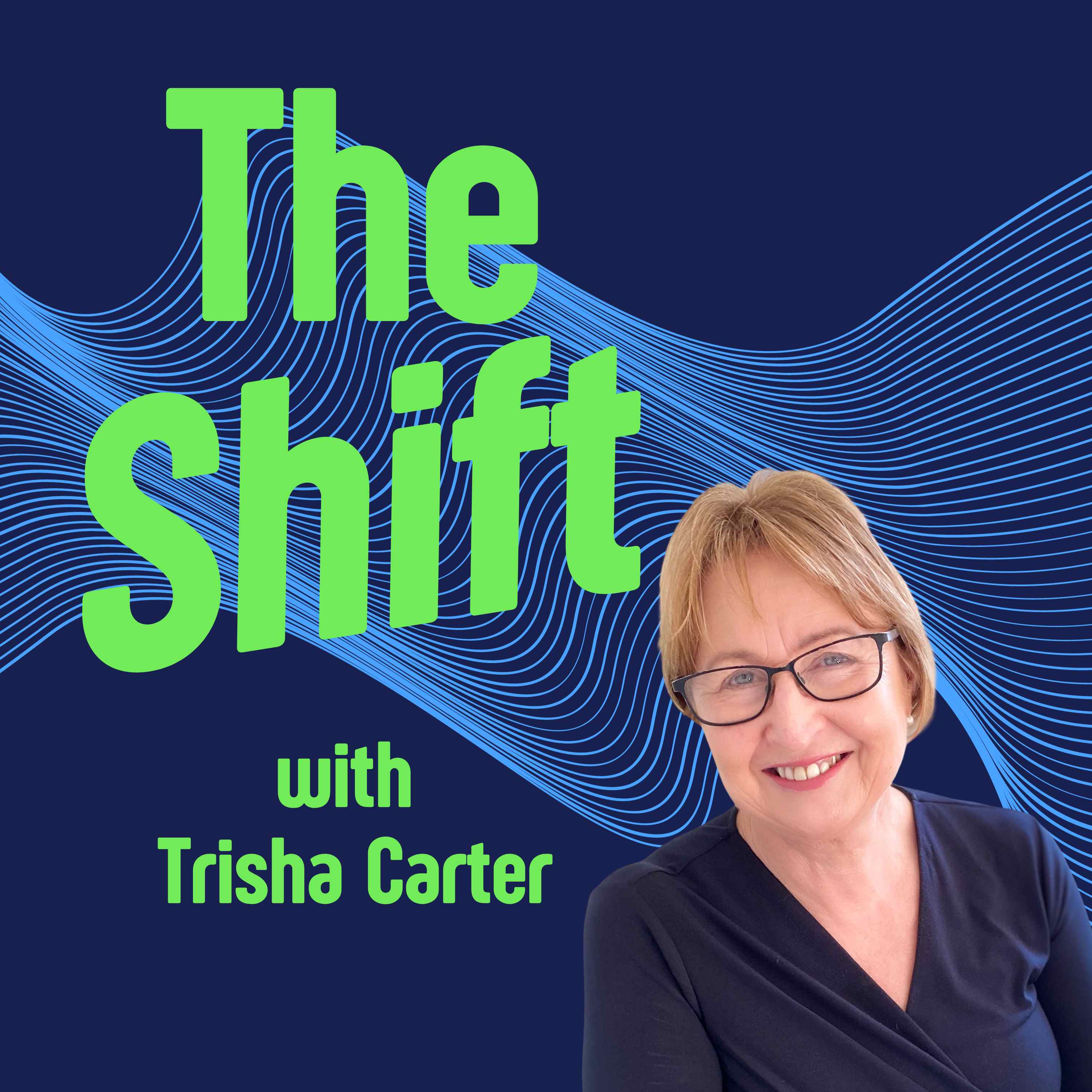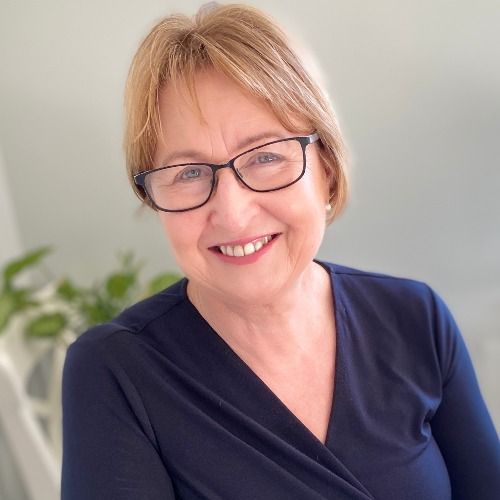Episode 44
Reflections on the Road
This week, Trisha reflects on her recent experiences in the USA, including attending the CQ Fellows Retreat. She explores cultural intelligence (CQ) focusing on metacognitive aspects, reflecting on her learning from experts like Cal Newport, Chris Argyris, and Dr. Darryl L. Washington. She also shares her observations about empathy and small cultural adaptations from her current travels around the USA.
Transcript
[00:00:14]
[:[00:01:00] The shift in thinking. Some of you have listened to lots of our earlier episodes, and so you all know, but I'm saying it for the newcomers, that cultural intelligence, known as CQ, it's the capability to be effective in situations of diversity.
[:[00:01:43] For those of you who've listened to a couple of episodes previously, you may recall that I'm currently traveling, I'm in the USA, and many people have said, this is an interesting time to be in the USA, and what shifts are you experiencing? Well, I've also been attending the CQ Fellows Retreat. meeting with this year's CQ fellows, people who are, also explorers and experts in the area of cultural intelligence and looking at developing a solution that will help people, whatever group of people they're working with, to be able to be more effective in situations of diversity.
[:[00:02:53] So I started off by thinking, what would I share with you about what I've learned?
[:[00:03:16] We dived a little bit into the area of deep thinking, which is the work of Cal Newport. So that was something that took me into a little bit of thinking about how I work. We looked, among other things, at the ladder of inference, which is the work of Chris Argyris and one of the 2024 CQ fellows, dr. Leanne Weintraub is using that in her work, which has been published in her PhD, which is about developing skills in bridging divides. Another area that I learned about was cultural suppression in the work of Doctor Darryl l Washington as he researched how people sometimes suppress their cultural identities and the process that people go through to come to a point of acknowledging and accepting and recognizing their own identities and in that way achieving thriving.
[:[00:04:23] I also learnt about the Day of the Dead, Dia de los Muertos, which was a festival that we encountered on first arriving in the USA.
[:[00:04:52] There are a number of other areas that I've been reminded of knowledge and that's caused me to reflect. So one area was the importance of other people in our learning, as we discuss, as people ask questions, as they might question us. We are inspired, we're energized, we're challenged, and hopefully we can make some new thinking as a result of that. So that's not so much a piece of knowledge. But it's an experience that can actually move us into that cultural awareness part of CQ strategy where we are thinking about what we're doing and thinking about how other people might be doing things similarly or different to us.
[:[00:05:56] So people losing loved ones, someone has a child who's fighting a life threatening illness, some have lost beloved pets. Nearly all have faced work related challenges and that all of these experiences stretch us into sadness, into grief, into challenge, into discomfort. And while we're together, the U. S. election results were announced. And I could see the pain that many felt as they learned those results, especially those who were thinking about their communities who may be impacted by changes that may come.
[:[00:06:52] I think empathy is something that we bring to our cultural awareness, that CQ strategy. We bring it to that point to see what somebody else is experiencing. And almost I'm wondering if we need empathy to be able to step into that point and to really see things from someone else's perspective. But it's less the cognitive or the, thinking seeing, and we often say that metacognition is thinking about our thinking.
[:[00:07:52] If you pull a global group together, there will always be people who see things differently, even when you are united on purpose or goals. And that is fine. That level of discomfort is something we need to become accustomed to.
[:[00:08:19] One of the other areas that I noticed in terms of shifting is the power of and the effort involved in making small actions to fit in and adapt. I was thinking about this just as I was walking along a footpath and Some of you may know in Australia, we drive on the left hand side of the road. And so we have a tendency to walk on the left hand side of the footpath and here that is reversed.
[:[00:09:09] And so there's that period often when people move countries and cultures that we're aware of differences. that we know we need to make that small action, but we have to keep reminding ourselves, and then hopefully it becomes automatic and we no longer have to think about it, and that makes things easier.
[:[00:09:50] And I was noticing. the different birds. I was noticing the squirrels. I was noticing the fall and the leaves falling really makes it, appropriate to call it fall. and I was noticing the coming winter and the cool, the cool weather. So, That action of noticing and the curiosity of noticing is something that we switch on or off and that's part of CQ strategy as well.
[:
